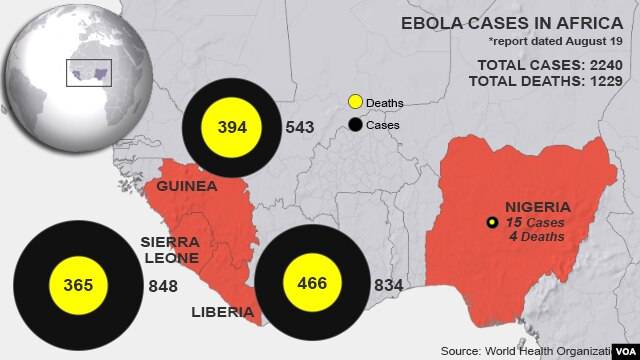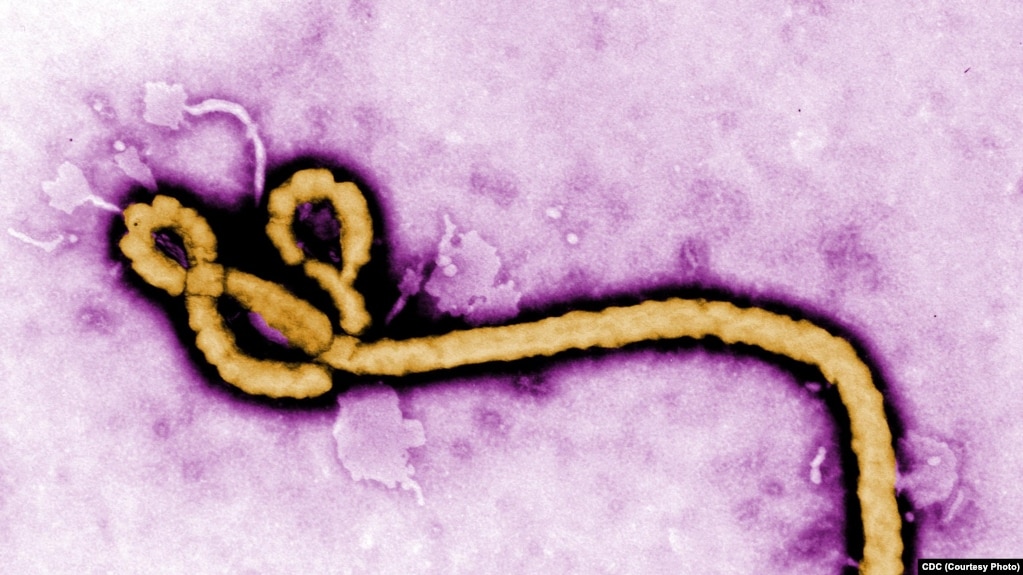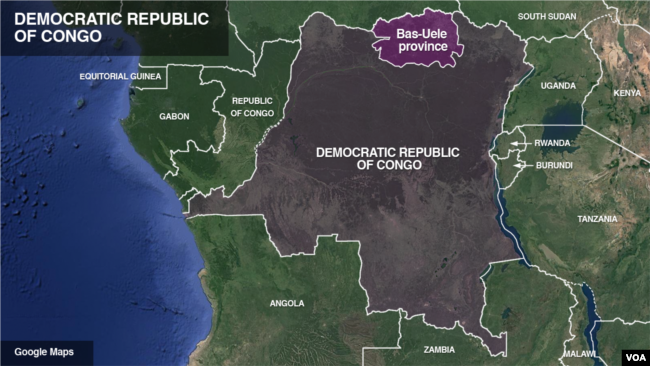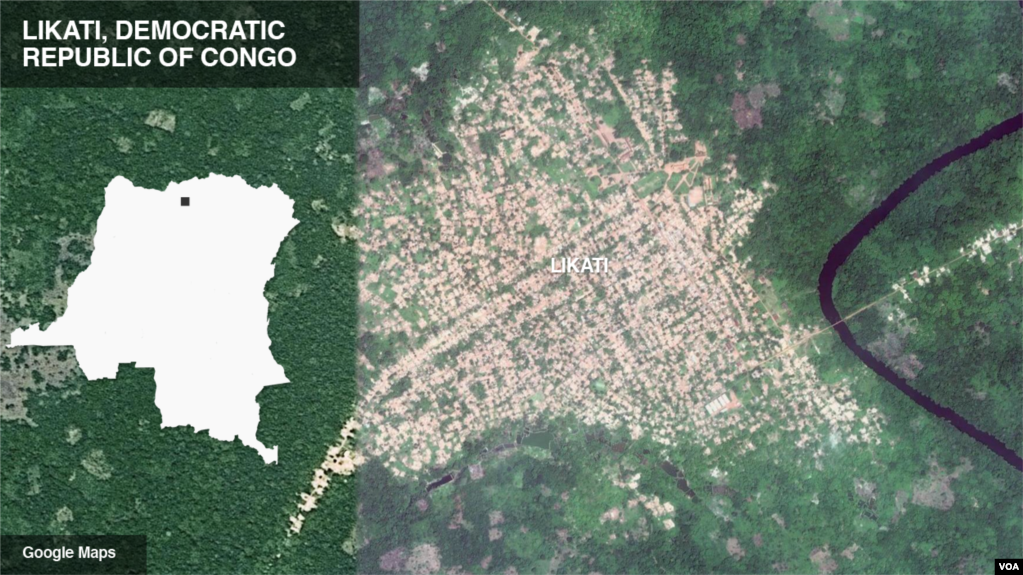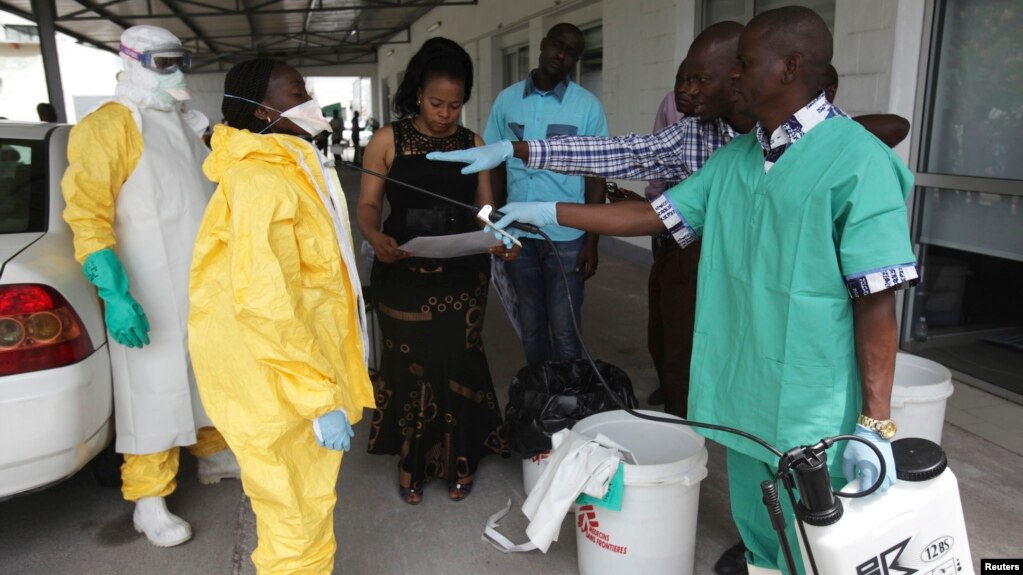Sharing antibodies
One option gives an infected patient a transfusion of blood from those who have recovered from Ebola. Their plasma, the liquid part of the blood, contains antibodies that have successfully fought off the virus. The process of separating the plasma – and its antibodies -- from the blood of survivors is called plasmapheresis. Recently, an American doctor infected in Liberia, Kent Brantly, received a transfusion from an Ebola survivor. And, the New York Times cites a professor of virology in Nigeria who says the procedure is being considered using the blood taken from five survivors in the country.
Dr. David Heymann, a professor of infectious disease epidemiology at the London School of Hygiene and Tropical Medicine, says it was used in the 1970's during the first Ebola outbreak in Kikwit, in what was then Zaire – now the Democratic Republic of the Congo. Dr. Heymann was involved in treating infected persons in that emergency, and also led a response team during another in Kikwit 19 years later. "I stayed two and half months after the first Ebola outbreak in 1976 and did plasmapheresis on survivors [so] that that blood could be stored [at various points] around Africa," he said. "[It was used one time to treat a laboratory scientist in the UK who had been exposed to Ebola in a laboratory accident.] Then in 1995 in [another] Kikwit outbreak, the government decided that it would use [blood containing antibodies] collected from survivors to treat eight patients. Seven of them survived. Dr. Heymann said it’s not clear whether the antibodies were behind the survival of the seven infected patients, and further study is necessary to verify the effectiveness of the procedure.

People stand around a man, right, suspected of suffering from the Ebola virus in a main street and busy part in Monrovia, Liberia
Readily available drugs
Another potential approach is to test existing drugs that may help Ebola patients. Many of these are generic and inexpensive. A New York Times editorial suggests medications that are already used to disable other viruses, as well as drugs that modulate the immune system’s inflammatory response. That’s the defensive action taken by the body against the virus, which can sometimes lead to organ failure and other deadly complications.
Among these drugs is a class of drugs called statins, such as Lipitor, which reduce cholesterol. Dr. Heymann and others support the approach of studying medicines shown to be effective against Ebola in animal studies."I think that before any medication could be used [to treat Ebola patients]," said Heymann, " it would need to be shown to be effective, at least in an animal model. They should not be used unless they are in a clinical trial setting [that can demonstrated whether they are effective in humans]. It’s the countries themselves that make the decisions [to allow these medications] and hopefully the [World Health Organization] would support their decision."
Effectivness of quarantines
